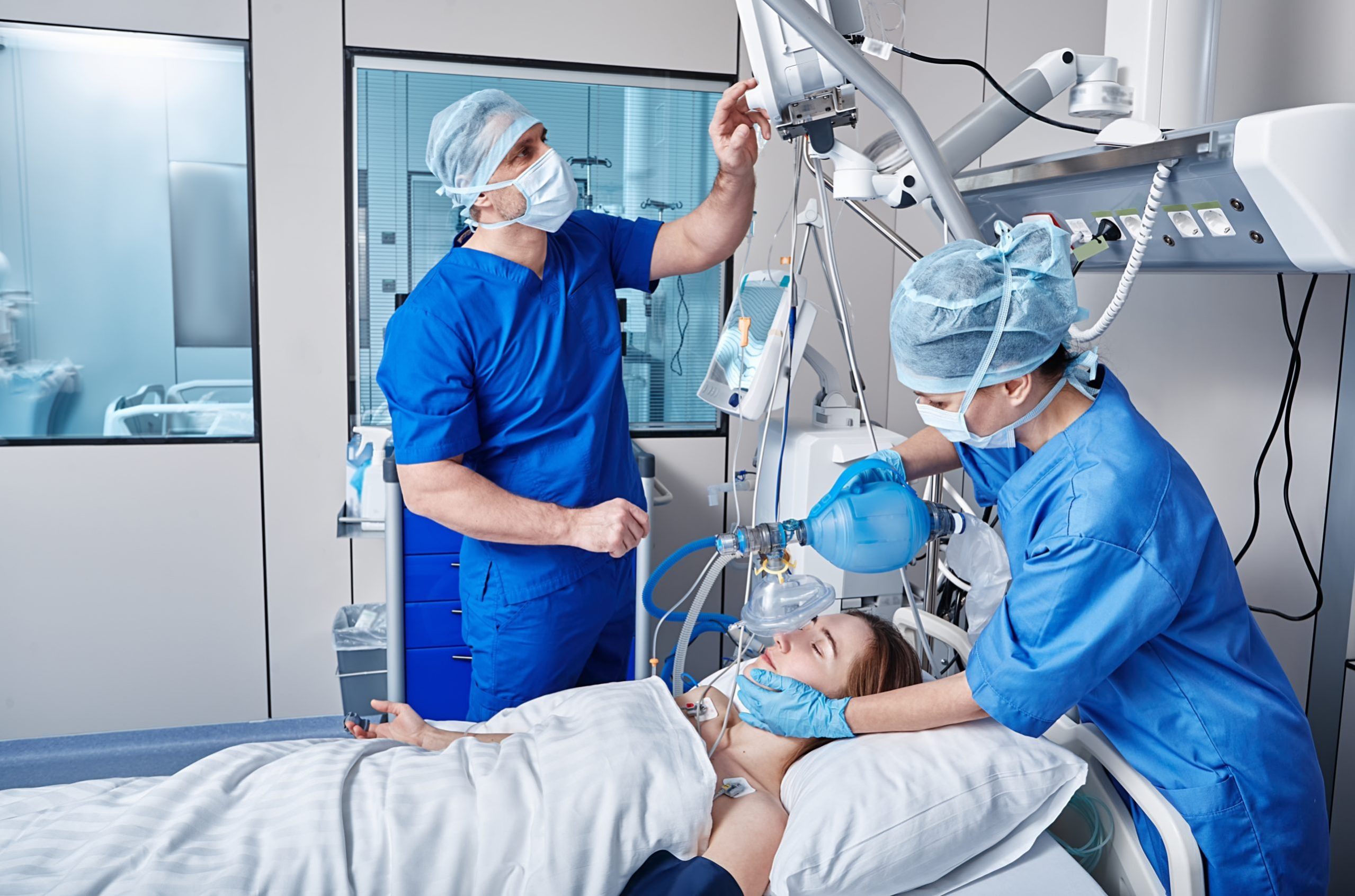Swarajyam Hospital | Super Multispeciality Hospital
What is Critical Care Medicine?

Symptoms / Conditions Requiring Critical Care
Critical care is needed when patients experience:
Severe breathing difficulties or respiratory failure
Low blood pressure or shock
Heart attack, heart failure, or arrhythmias
Stroke or severe head injury
Multiple organ failure
Sepsis (severe infection spreading in the body)
Post-surgical complications
Serious trauma (accidents, burns, injuries)
Coma or altered consciousness
Treatments in Critical Care Medicine
Ventilator Support – Helps patients with breathing difficulties
Hemodynamic Monitoring – To check blood pressure, heart rate, and circulation
Intravenous Medications – For infections, blood pressure, pain, or sedation
Dialysis Support – For kidney failure patients
Advanced Cardiac Support – For heart-related emergencies
Nutrition Therapy – Special feeding methods for critically ill patients
Post-Surgical Intensive Care – Close monitoring after major operations
Precautions in Critical Care
Early recognition of worsening symptoms and immediate hospitalization
Strict infection control measures in ICU
Continuous monitoring of vital signs
Timely administration of medications and fluids
Family awareness about patient condition and treatment plan
Following rehabilitation and recovery guidelines after ICU discharge
Benefits of Critical Care Medicine
Life-saving support during severe illness or trauma
24/7 monitoring and advanced medical technology
Specialized team care for complex conditions
Improved survival rates in critically ill patients
Faster stabilization and recovery after major surgeries or accidents
Multidisciplinary approach with doctors, nurses, respiratory therapists, and nutritionists working together
